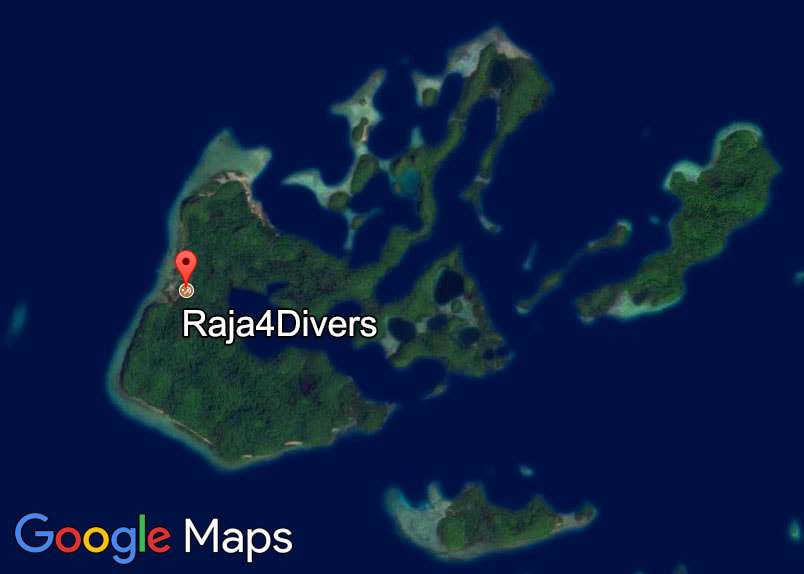|
This week, we finally got some rain again! It hadn’t rained properly since I got here, we only had one or two hours now and then and never got big quantities of water. Apart from the drinking water we buy in Sorong in big refillable gallons, we get our water from a well at the back of the island and filter it before using it for washing and showering. With very little rain during the last months, the water was getting a little salty as it tends to mix with sea water. This, on the one hand, is inconvenient for our guests and employees. On the other hand, it also damages our machines, especially the washing machines. So, we were all praying for rain and even considered doing the rain dance (coming from rainy Switzerland, I never imagined one day actually wishing for rain!). Apparently, some of us did dance, as now we finally got a few hours of heavy rain. Just like the waves, the rain also drowns all other noises, and so the island became strangely quiet with just the sound of the raindrops falling on roofs and palm tree leaves. Even the birds almost stopped singing for a few hours. The horizon was covered by an undefined blur of clouds and the raindrops looked as if they were happily jumping up and down on the surface of the sea. The only colors we saw for a while were the multicolored umbrellas we provide for our guests to prevent them from getting soaking wet between one building and the next. It was funny, however, to see divers and snorkellers return from their boat trips in wet bathing suits, but still holding up umbrellas against the rain so as not to get wet from above as well… Our guests sometimes ask us what we would do if there was no rain for a very long period of time. Apparently, they were faced with an extremely dry season once on Pulau Pef that lasted many months. There was still water from the well, but everybody had to help save water and it turned rather salty. This reminds me that we live in the jungle. From one moment to another, we may be faced with difficult situations here that back home would never be an issue. Our bungalows do not have normal showers, but traditional mandis. They consist of a big wash basin made of a massive piece of rock that you fill up with your mix of hot and cold water. You then use a ladle to pour water over your head and body. It seems like an archaic method at first, but after two days, you’re so used to it that you don’t waste another thought on it. It’s very easy to use. And it saves a lot of water! It allows us to continue using the well water instead of having to install an expensive desalination system that uses a lot of energy and produces big amounts of salt we would have to get rid of.
We are not an official eco resort, as there is no such label with reliable standards in Indonesia. But we try to save energy and run our resort eco-friendly whenever possible. They may be little things like switching off the generator at night to save electricity or only offering bungalows without showers nor air-conditioning, but we are convinced this is the way to proceed if we want to preserve this paradise as it is for as long as possible!
0 Comments
Roughly 50% of our employees that work on Pulau Pef are Papuans. We consider it our mission to give local people jobs and allow them to profit from a resort on a remote island like ours. Other than fishing and growing fruit and vegetables, they don’t have many possibilities to make a living in West Papua. So tourism is a welcome source of income, as long as it involves local people.
Very often, these employees have little or no education when they come here. We train them in various areas and they typically get to work in various departments during their stay with us. This sometimes means a lot of work and nerves for our senior staff and management, as the trainees are not used to learning the way we are. I only fully realized this a week ago when Jonas Müller from ChildAidPapua.com visited us, a Swiss who has been teaching local kids for four years in a remote little village about 50 mins by boat from here. He presented his project to our guests after teaching the local kids from our neighboring village Kabui about protecting the reefs and about waste management. We learned that schools in West Papua theoretically have teachers for every grade. The teachers are on the payroll and get paid by the state, but hardly ever show up, especially in remote villages. This results in one or two teachers having to teach all levels at the same time. Or school simply not taking place! The kids do take national exams at the end of the school year and the majority passes them with good results. But apparently, they receive the correct answers up front from their teachers, so these national results are not representative of their knowledge. On top, their teachers - having had the same “education” - don’t really know the subject matter they teach and are not capable of answering their student’s questions. The fact that these kids don’t learn how to use their own brain, but merely follow orders and execute them, reflects in their work as adults at our resort. Many of them expect us to simply give them orders without wanting to understand why they should do it. Jonas gave a good example to illustrate this: plastic waste is an important topic in their teaching. The kids know they are not supposed to throw plastic away because “white people don’t like that”. They don’t do it, but only as long as there are “white people” around. As soon as they turn their back, the kids think it doesn’t matter anymore since the “whites” are gone. They don’t understand the consequences of their deeds, and this is exactly what is missing in their education – figure out what the consequences are and therefore try to avoid doing certain things. It seems so obvious for us to teach our children the reasons behind our actions and why something works the way it does. I feel it would be our priority to teach the kids here what beautiful treasures they have above and below the water and how important it is to protect them, because this is what the tourists come here for. But how can you expect the teachers to know that if nobody told them either? All children are eager to learn and study. As a matter of fact, the Kabui kids complained to Jonas that he hadn’t come back for too long because they really love his classes! But Jonas and his Indonesian colleague are only 2 people, teaching approximately 600 children and regularly travelling to remote villages without access to their classes. It’s a huge job and it seems almost impossible. But they already have some success and were able to send some of their students to high school in a bigger city. Next year, we will even get an ex-student of Jonas' as intern to work at the resort for 2 months. What a success story! It’s baby steps, I know, but let’s hope there will be many more! Waiting is not something Swiss people are very good at. We are often stressed and in a rush to get from A to B. I make no exception. At home, one of my most used sentences was “Let me just quickly do/go…”. Some of my friends would laugh at me as it was so typical for me to “just quickly” do or finish something.
Coming to live and work on a remote island in West Papua was going to be a challenge in many ways, I was well aware of that. And I knew that life would be a lot slower and less stressful. But I couldn’t fully imagine how slow it was really going to be! Soon after arriving, I felt the constant sound of the waves calming me down and putting me in a sort of permanent relax mode. I adjusted my speed, slowing down my usually rather determined style of walking. I learned to take things easier, trying not to get upset so quickly. And I learned to WAIT! For one, I learned (and am still learning…) to wait for our slow internet to process my commands or even work at all. I admit, I haven’t managed to master this skill very well yet and still want to despair occasionally when our unbelievably slow connection simply won’t allow me to proceed with my work. We sometimes even have to endure entire days without internet at all. At moments like this, I begin to worry about my family back home, wondering if they are just at this very moment trying to reach me for any kind of emergency, even though normally I don’t hear from them or write for days without worrying at all! It is mostly then that I realize how far away from everybody and everything I am here. For another, I have learned to wait for people to come or an event to start. If there is a delay, I don’t ask for a reason anymore, I just wait. I may get bored or still think about all the things I could have done during the time that I’ve been waiting. But I don’t get upset about “lost time”, because it is usually filled with chatting, joking, laughing and sometimes even singing. Activities that don’t seem useless anymore. Every time we go to a local village, I am amazed at how many people are just standing around waiting. Waiting for nothing in particular, it seems. They are just waiting and chatting. And their children seem to master this skill already quite well. They don’t seem to get cranky, asking to be entertained or taken somewhere, they just wait or play for themselves. Time has another meaning in West Papua. People here don’t have much, but they do have a lot of time. Their day also has 24 hours, but they don’t fill it with as many activities as we do, because there isn’t as much happening here. I must admit, it feels good to free myself of the need to constantly do something with my time. I even allow myself to lie in my hammock for a while, listen to the sound of the waves and do nothing. I don’t always manage to banish the to-do list from my mind yet, but I’m working on it… Most of us work in teams, I guess it’s the most common work form all over the world. Some like it better than others. Some like to take the lead, some prefer to follow orders and work quietly on their assigned task. A few weeks ago, I witnessed team work on Pulau Pef. At Raja4Divers, we have 3 transfer boats to bring guests, staff and goods from the closest city Sorong to the island and back. The ride takes between 3 and 4 hours, depending on weather conditions. Parts of it are extremely beautiful, as the boat cruises between tiny islands spread out like gems in the ocean and covered by dense rain forest right down to the water. The boats need regular maintenance, that’s why there are always just two boats in use and the third one is worked on. That morning, the works on Pef VII were finished and the boat was ready to be floated again. Like with many other things on a remote island, there is no electric crane to use, it’s all manpower and hard work here. Team work. And lots of shouting.
As soon as we heard the loud voices from the dry dock just 200 metres from our office, we walked over there to see what was happening. About 20 of our construction employees as well as our facility manager were standing in the water, trying to push the heavy boat from its dry dock into the water. The back end seemed to be stuck, the vessel wasn’t moving at all. There was a lot of pushing and shouting, some of the men kept counting ‘one, two, three’ - but nothing happened! Sometimes the boat would lean dangerously to one side, threatening to squeeze some of the men between its hull and the wooden structure of the dock. They didn’t seem to have a plan at all, and as spectators, we had to hold back very hard not to start screaming warnings or directions about how to proceed. But as in all teams, there were some that took the lead and others that followed their orders. And some that shouted. But they all contributed to the best of their ability and in the end, the team succeeded in getting the boat safely into the water. It was a perfect example of team work to me – a little bit of chaos at the beginning, the men just pushed and didn’t really have a plan. Then, some decided they knew how to do it and took the lead, giving out orders. For a while, there was some discussion about who’s idea was the best, but they came to a consensus and pulled it through. When the first idea didn’t work out, they revised their strategy and the team tagged (or rather pushed) along. They helped each other and took care not to get in each other’s way or hurt anyone. Nobody was trying to get ahead of anybody else, because they knew they had to work together to get the job done. How about we send some of our well paid mangers from Europe over here to learn about team work from our local staff? |
#TalkingWithMangrovesI never even dreamt of working on a remote island in Indonesia, but life has a way of taking care of itself… Archives
May 2021
|
LocationPulau Pef - Raja Ampat - Indonesia
|
Follow Us
Our Office in SorongJl. Gagak No.7 B, Km 7 Gunung, RT.001 RW.002
Kelurahan Malengkedi, Remu Utara PO Box No.130 Sorong 98416 – Papua Barat - Indonesia Phone +62 (0)811 485 7711 |
Rates and information are subject to change without notice. Terms and Conditions apply. All rights reserved.
Imagery is copyrighted and may not be used without express permission and written consent.
Images and videos of the following photographers / videographers were used for this website:
Barbara Moll, Claudia Peyer, Pere Rubio, Thomas Haider, Filip Staes, Christian Kaufmann, Dos Winkel, Duri Mayer, Jürgen Freund,
Daniel Brinckmann, Amanda Künzle, Joram Zimmermann, Ramon Sibold, Roman Keller, Barbara & Markus Aichinger, Fabienne Hadorn, Andreas Hadorn,
Armin Keller, Marcel Rudolph, Sabrina Inderbitzi, Peter Löseke
© 2024
Imagery is copyrighted and may not be used without express permission and written consent.
Images and videos of the following photographers / videographers were used for this website:
Barbara Moll, Claudia Peyer, Pere Rubio, Thomas Haider, Filip Staes, Christian Kaufmann, Dos Winkel, Duri Mayer, Jürgen Freund,
Daniel Brinckmann, Amanda Künzle, Joram Zimmermann, Ramon Sibold, Roman Keller, Barbara & Markus Aichinger, Fabienne Hadorn, Andreas Hadorn,
Armin Keller, Marcel Rudolph, Sabrina Inderbitzi, Peter Löseke
© 2024

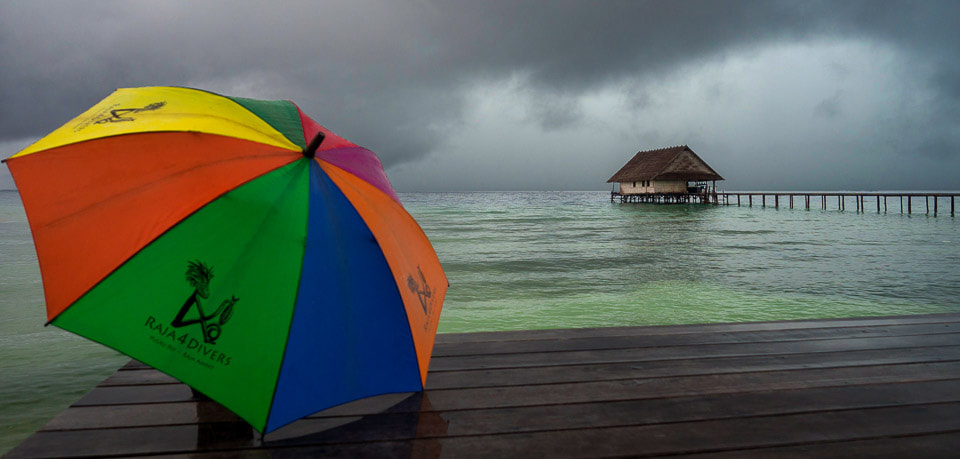
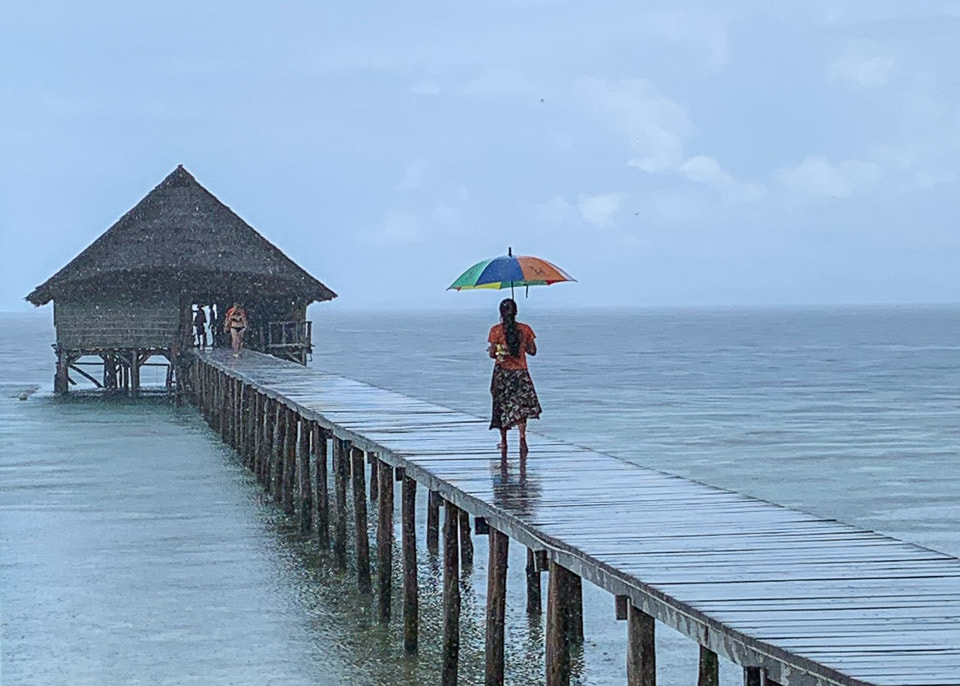
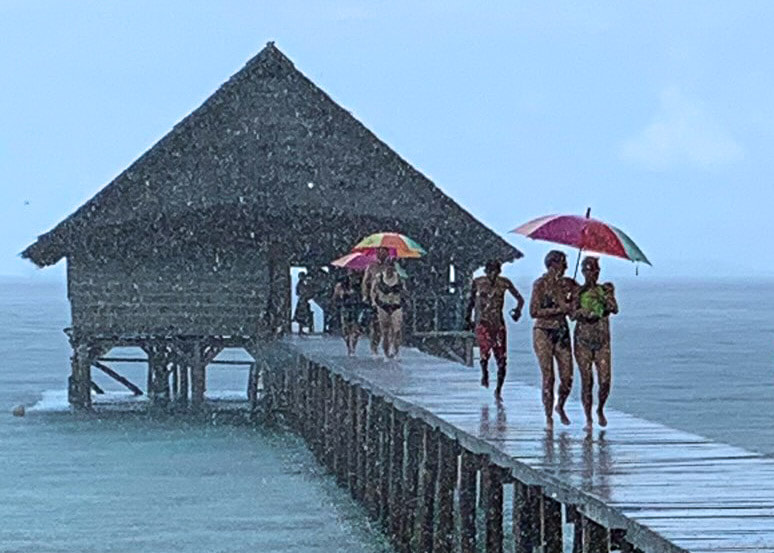
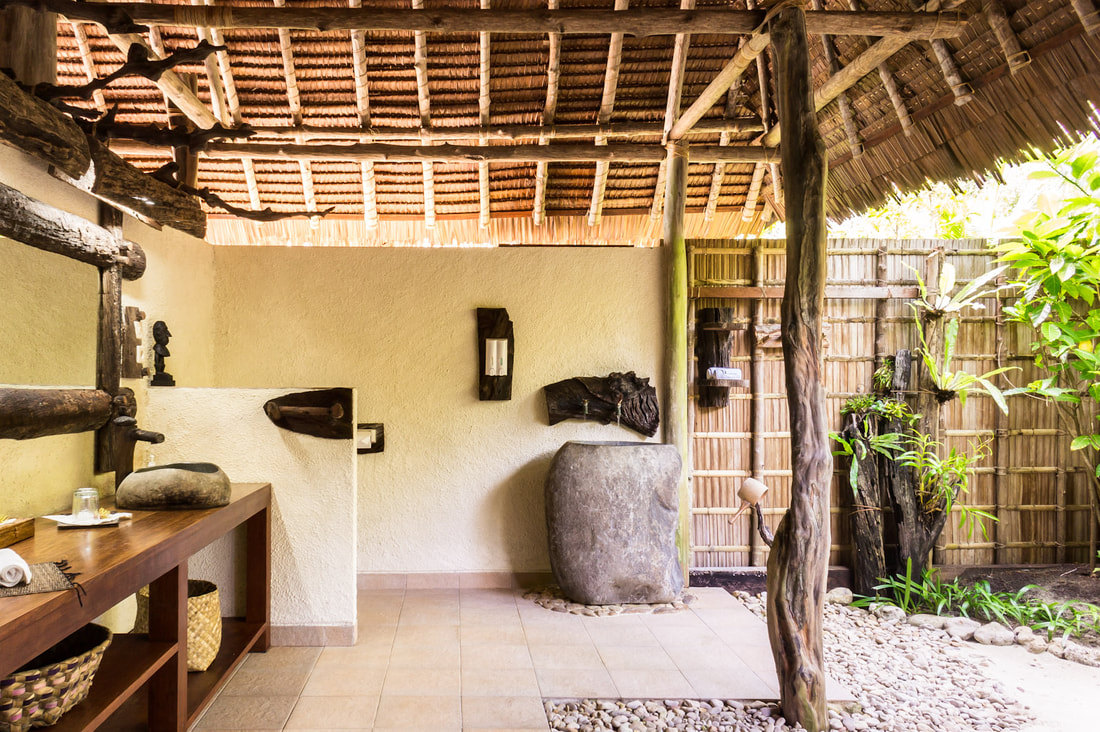
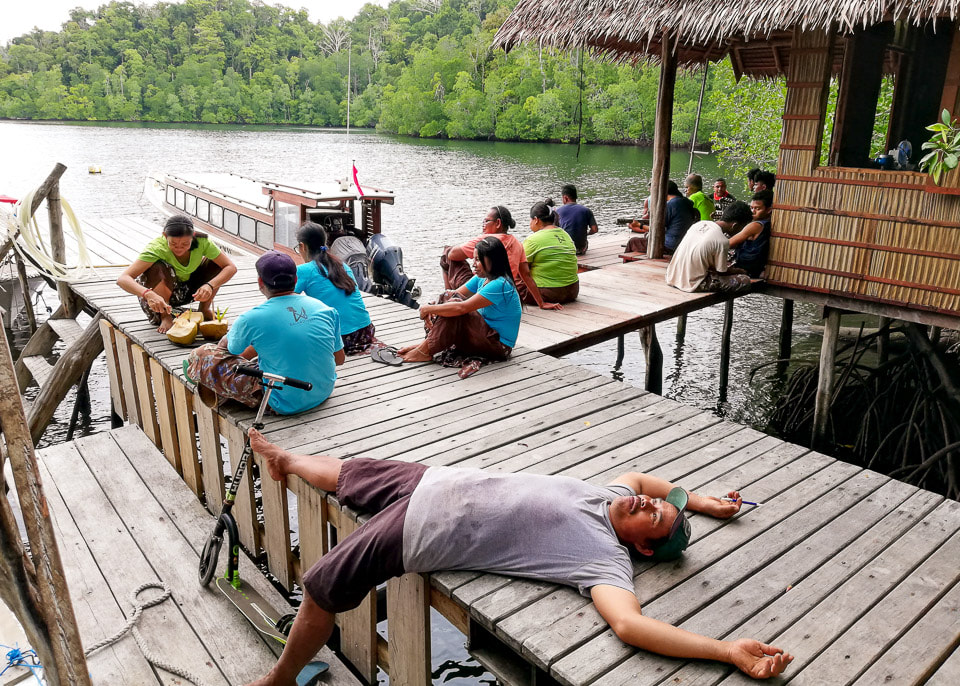
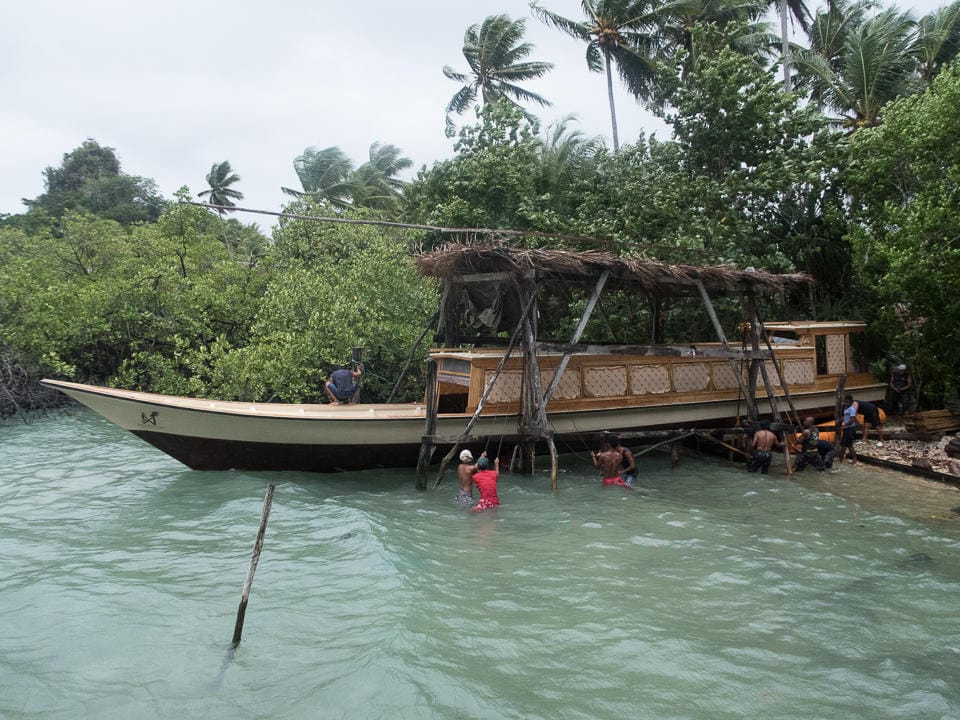
 RSS Feed
RSS Feed

